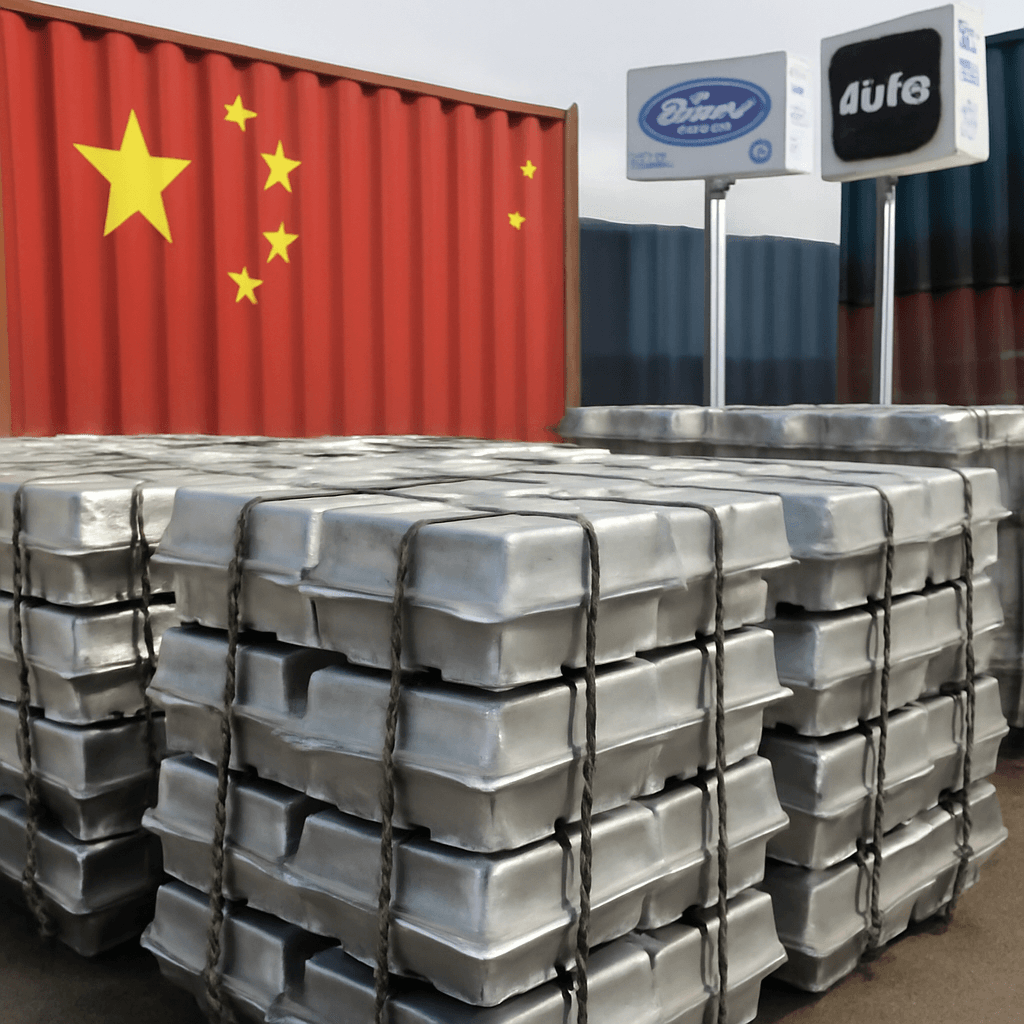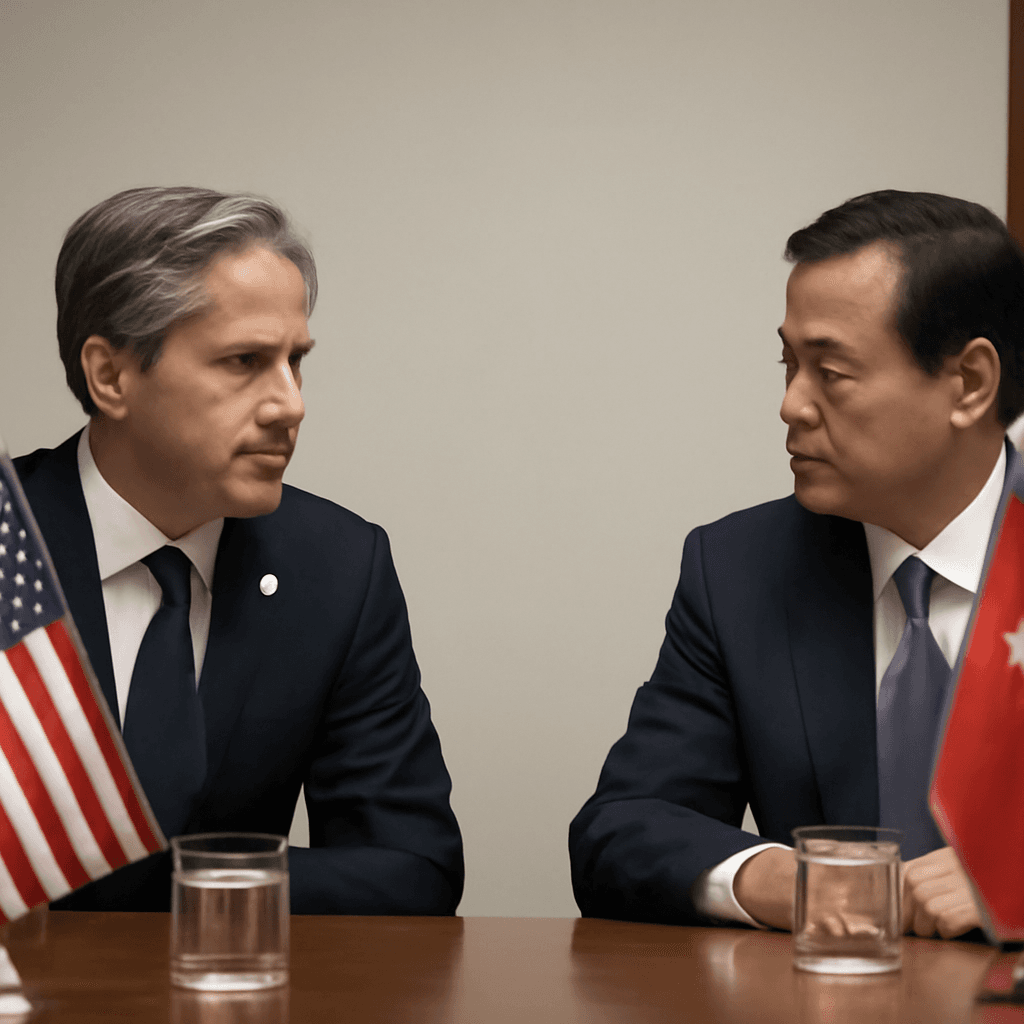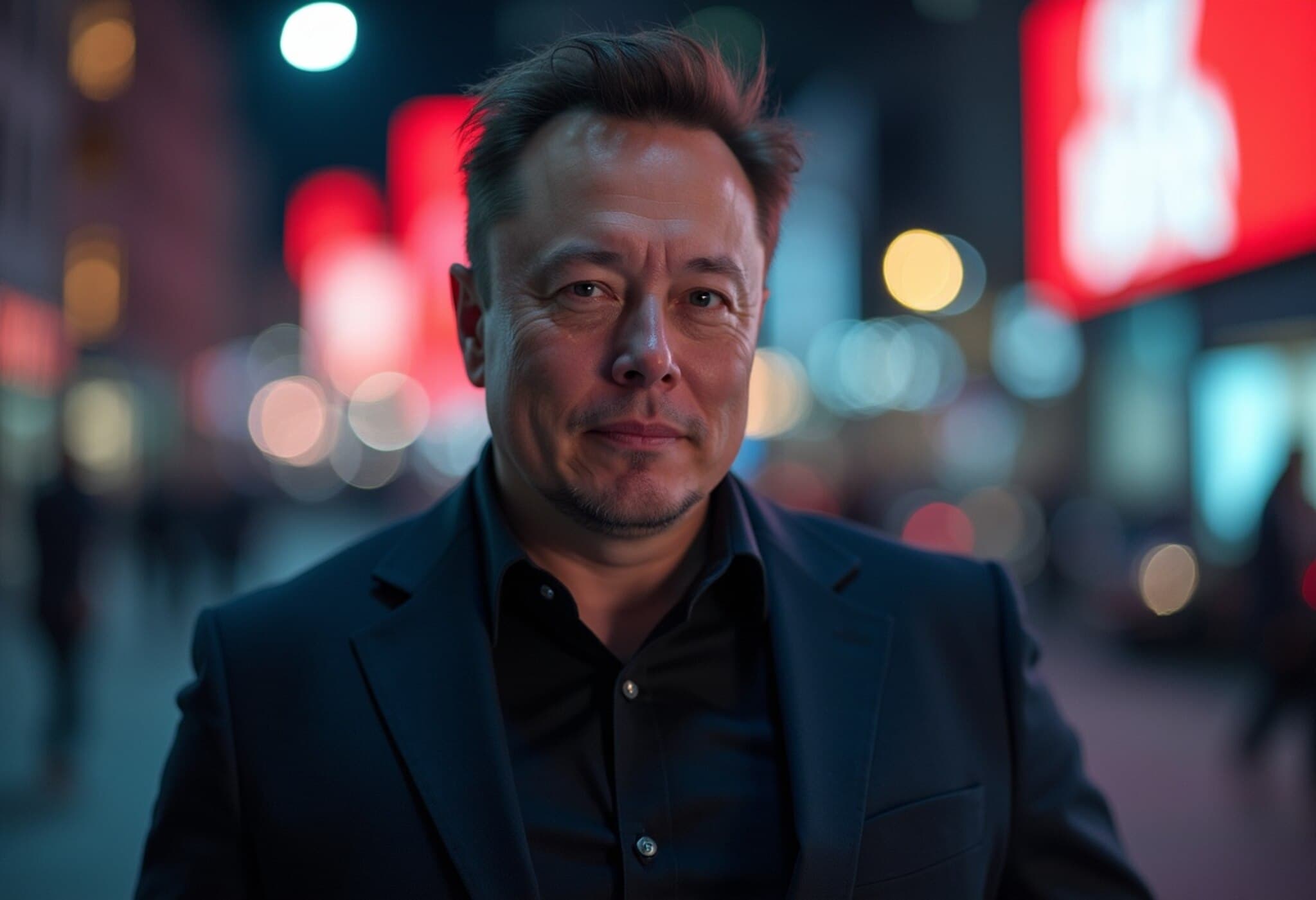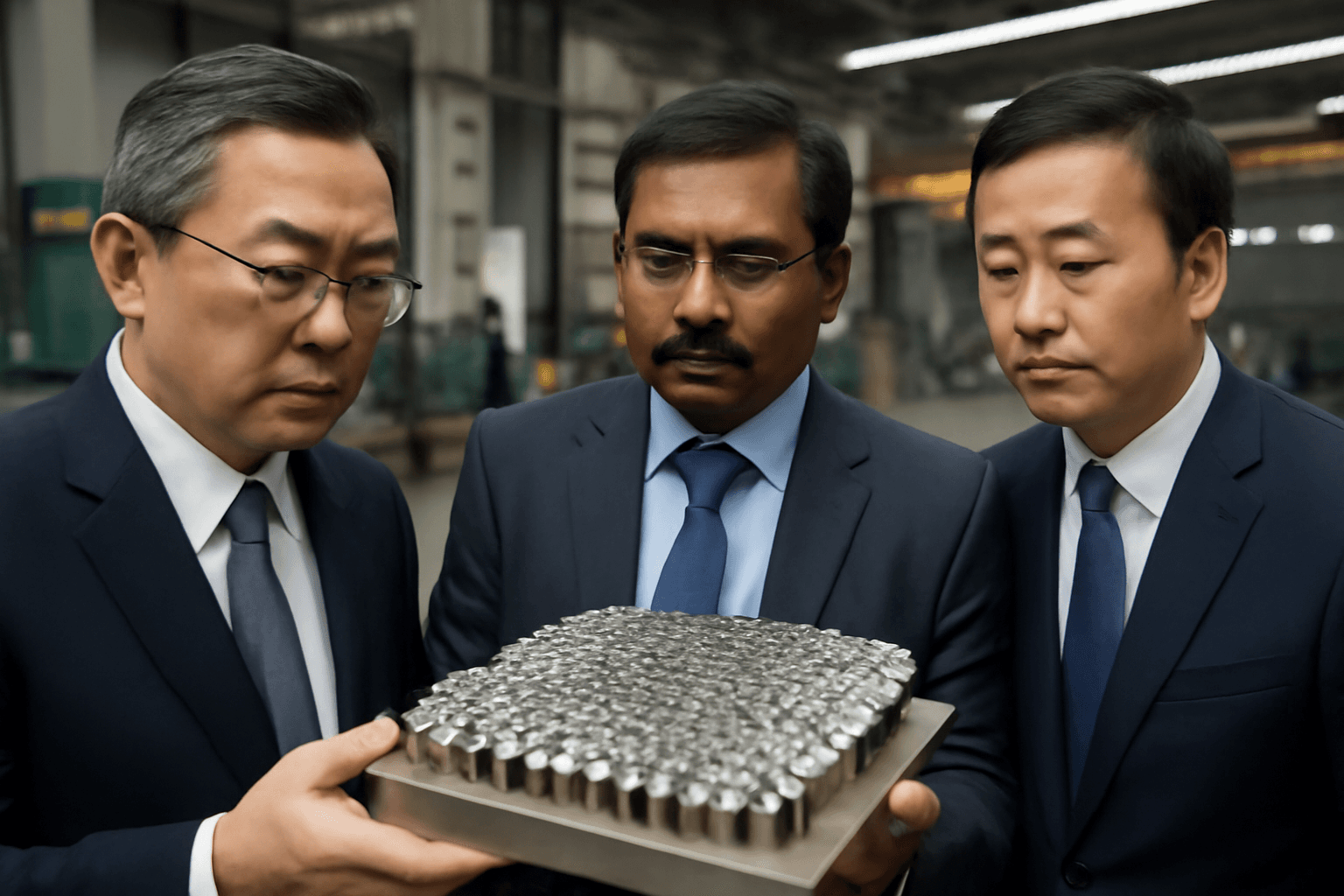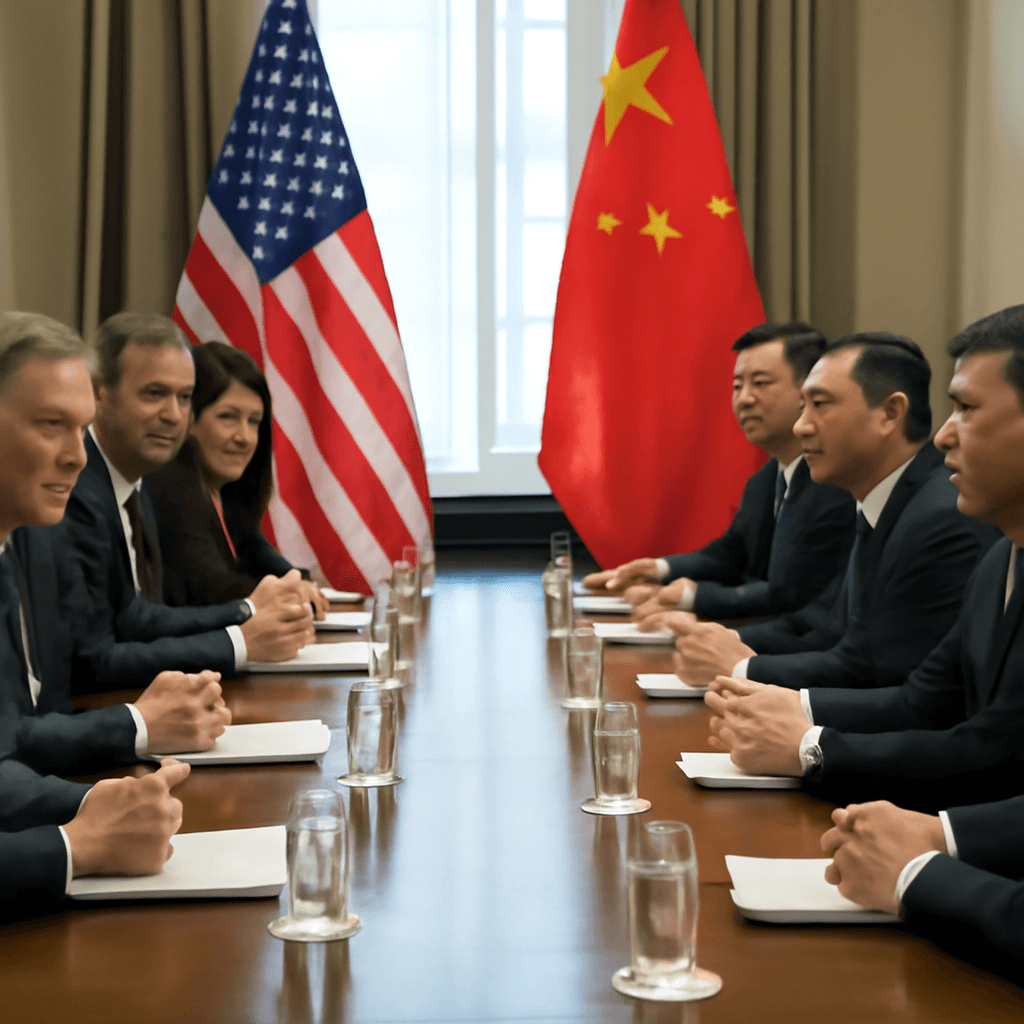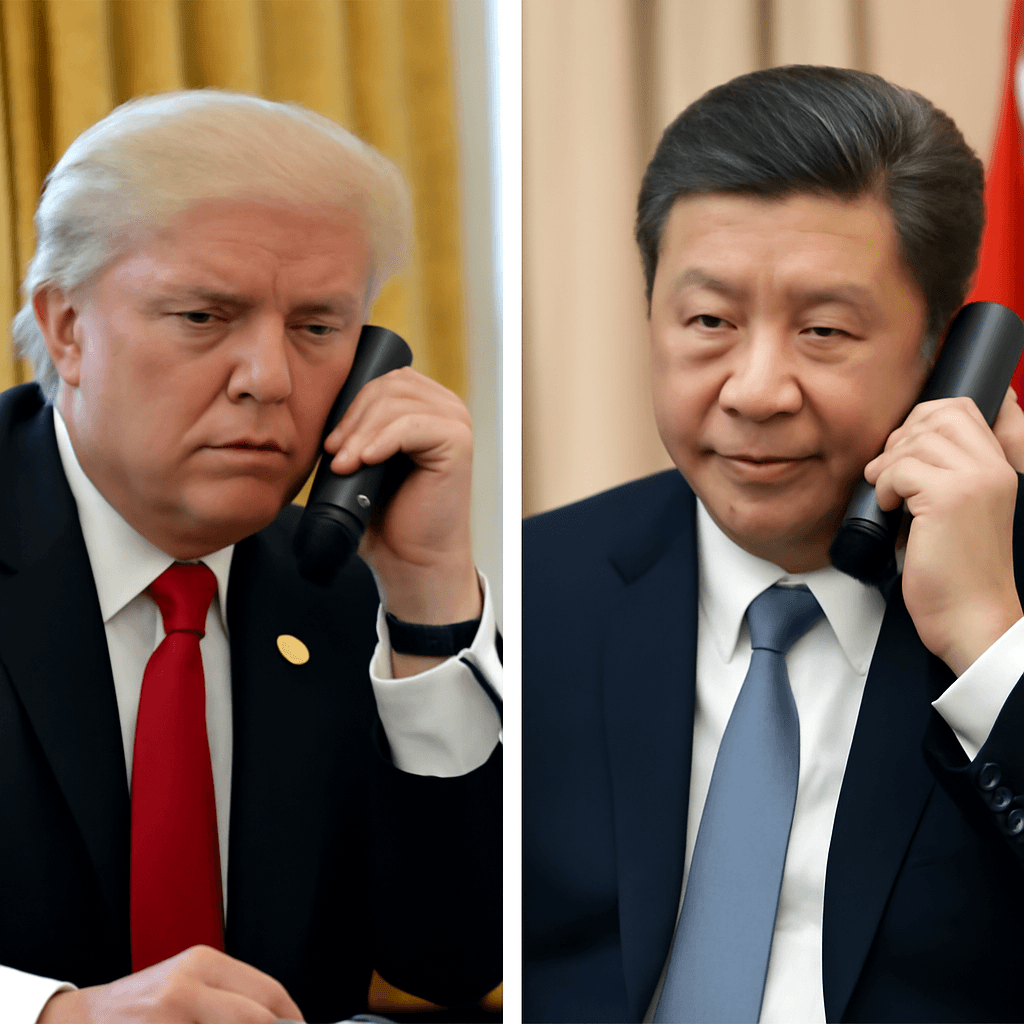Suzuki Suspends Swift Production Due to Rare Earth Supply Constraints
Japanese automaker Suzuki Motor has temporarily halted production of its Swift subcompact model, excluding the Swift Sport variant, citing a shortage of critical components. The suspension is scheduled from May 26 to June 6, 2025.
Impact of China's Rare Earth Export Curbs
This production pause marks Suzuki as the first Japanese car manufacturer impacted by China's recent restrictions on rare earth exports. China, a dominant supplier of rare earth elements essential for manufacturing advanced automotive components, imposed export suspensions in April 2025.
These rare earths and associated magnets are vital to various sectors, including automotive, aerospace, semiconductors, and defense industries worldwide. The export restrictions have disrupted global supply chains, leading to component shortages for manufacturers.
Broader Industry Repercussions
The consequences extend beyond Suzuki. Several European auto parts factories have also temporarily ceased operations due to supply constraints. Additionally, major automotive brands, including Mercedes-Benz, are exploring strategies to mitigate risks associated with rare earth shortages.
Suzuki’s Official Statement
While Suzuki publicly confirmed the temporary production stoppage due to component shortages, it refrained from specifying the direct link to China's export policy. Company representatives have not provided further comments regarding the reasons behind the suspension.
Key Takeaways
- Production halt timeframe: May 26 to June 6, 2025
- Model affected: Swift subcompact (excluding Swift Sport)
- Primary cause: Component shortages linked to China's rare earth export restrictions
- Industry impact: Disruptions also observed in European auto parts manufacturing
- Strategic responses: Automakers like Mercedes-Benz evaluating contingency plans
Outlook
The evolving landscape of rare earth supply highlights the vulnerability of global manufacturing to geopolitical decisions. Automakers increasingly face challenges securing essential materials, prompting shifts toward supply diversification and alternative technologies.


